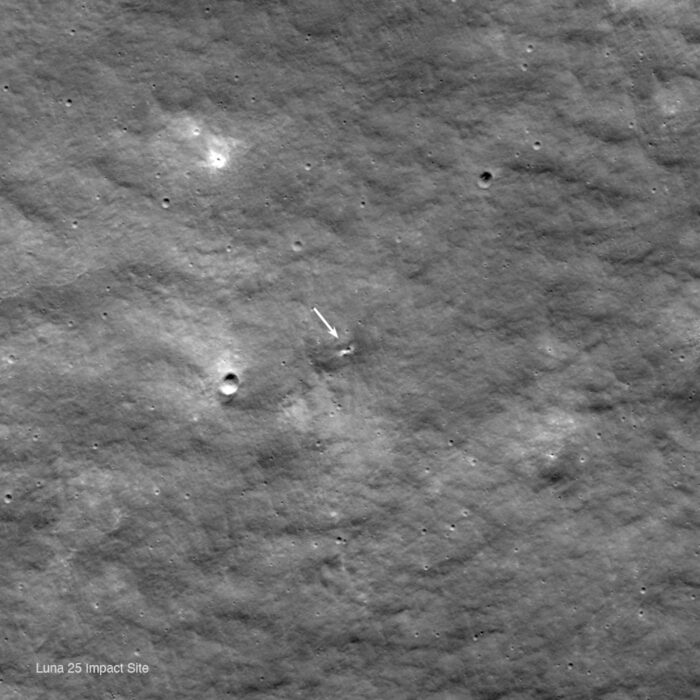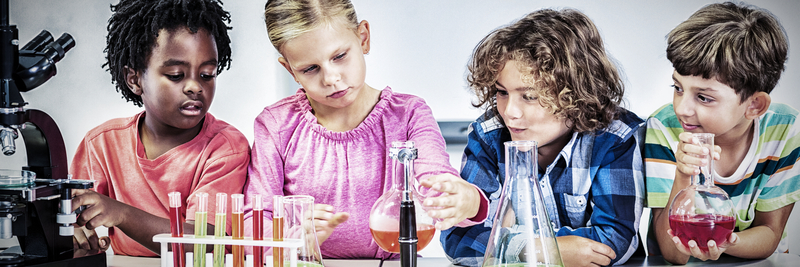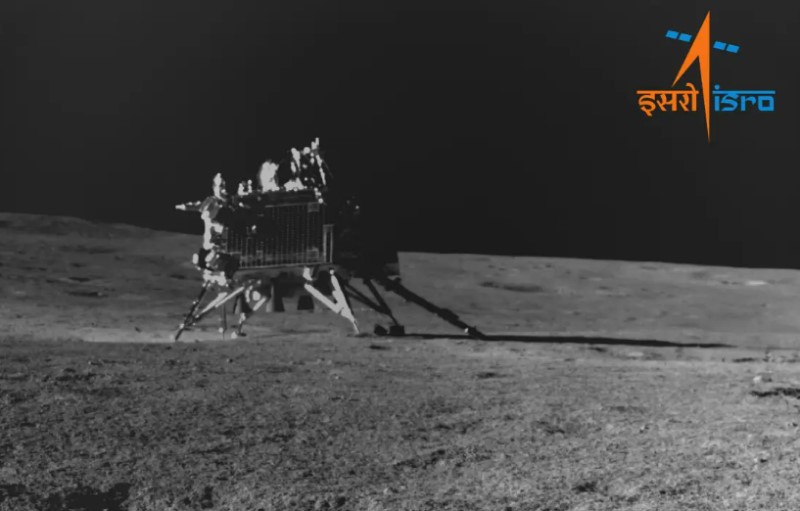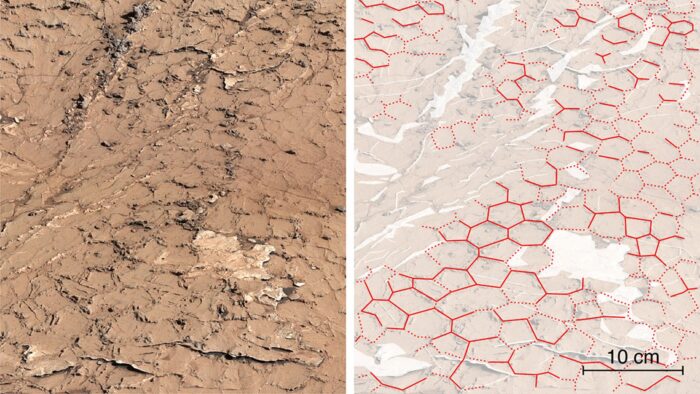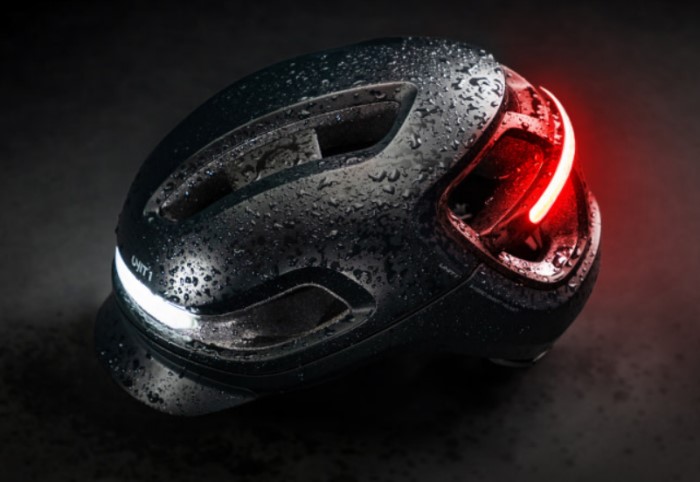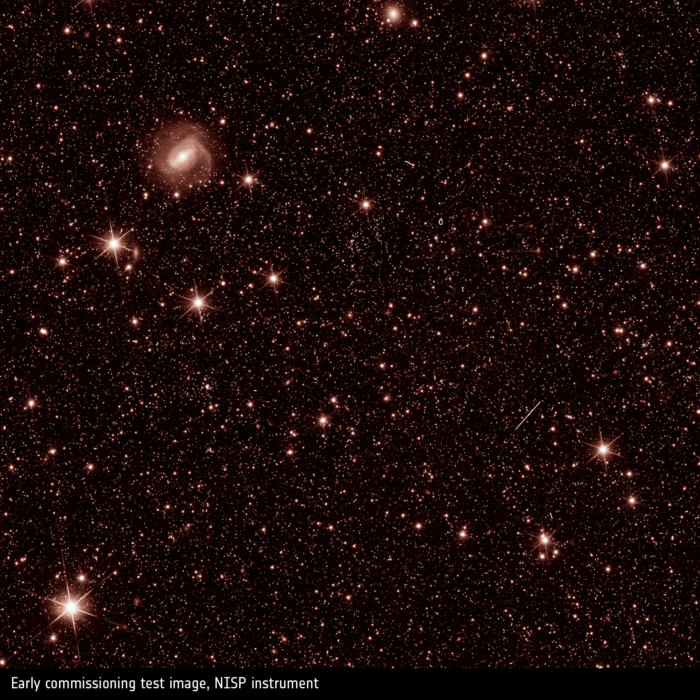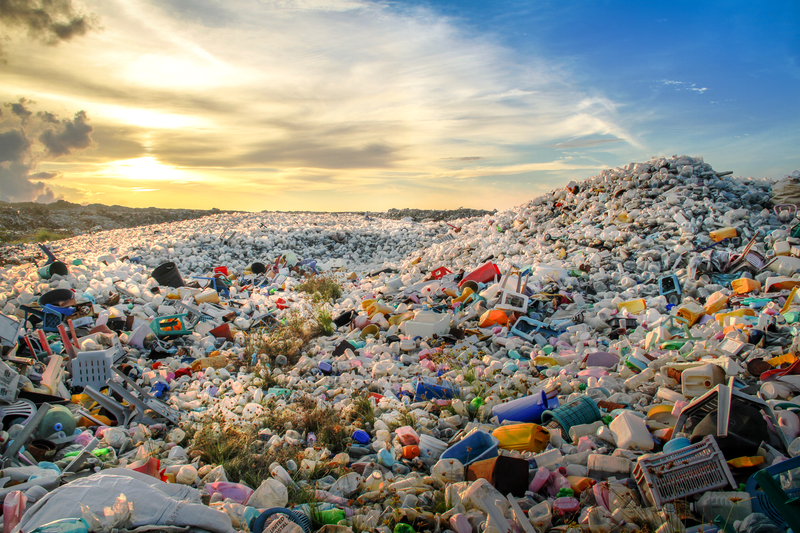This past Friday, December 15, aerospace company SpaceX completed a long-awaited goal. They successfully landed a recycled rocket.
The unmanned Falcon rocket, or booster, launched from Cape Canaveral, Florida, sending the reusable spacecraft (known as the Dragon), into space loaded with supplies for the International Space Station (ISS). Ten minutes later, the Falcon was safely back home, completing a future-changing mission. Though SpaceX has safely landed a booster rocket 20 times before, this is the first time that one of those boosters has been used a second time.
Booster rockets and spacecraft: How it usually works
Boosters are seen detaching from a spacecraft. (Getty Embed)
To understand why this is such a big deal, it helps to remember how space launches usually work. Getting a heavy hunk of metal past Earth's gravity and into orbit takes an incredible amount of fuel and power. Far more than any craft needs once it is actually in the weightless vacuum of space. To overcome this, all launches have used at least two vehicles.
- the actual craft being sent into space, such as a satellite or space shuttle
- the booster rocket, which carried the fuel to push the craft into orbit
This system has worked pretty well since the 1950s, except for one issue. It is extremely wasteful. Every single booster rocket ever launched has just fallen back into the ocean as junk.
Cutting costs for a cutting-edge future
A SpaceX Falcon rocket lands safely back in April. (Getty Embed)
Booster rockets are not cheap to build, which is crazy if you're just going to throw them away! Solving this problem has been the main goal of SpaceX's Falcon rocket program. In short, by perfecting the recycled rocket, you can make space travel more affordable. And that means more Mars, more Moon, more outer space!
With this successful landing, the company has proven that this goal is within their reach.
Real mission, real success
Companies like SpaceX are changing how we leave Earth. (Getty Embed)
Not everything has gone as smoothly for SpaceX. Back in September 2016, a Falcon rocket exploded on the launch pad during a refueling disaster. But headed by tech billionaire Elon Musk, the company worked extra hard to test and retest their vehicles until they were back up to NASA standards. Now that a recycled rocket is delivering real cargo to real astronauts on ISS, can we say that a new age of space travel is here?
We may not be in the world of sci-fi like Star Wars, where spacecrafts take off and land on planets like it's no big deal. But this is a huge step forward, that's for sure.
Watch the rocket land in the video below.
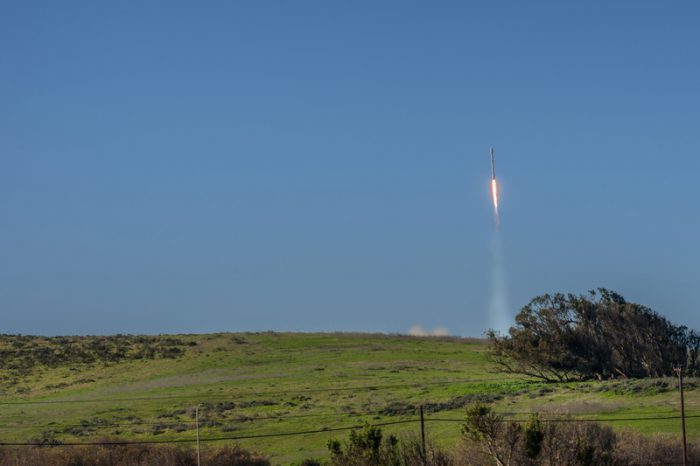 After years of tests, innovations, and failures, Space X finally reused one of its Falcon booster rockets. (Klodien | Dreamstime)
After years of tests, innovations, and failures, Space X finally reused one of its Falcon booster rockets. (Klodien | Dreamstime)

